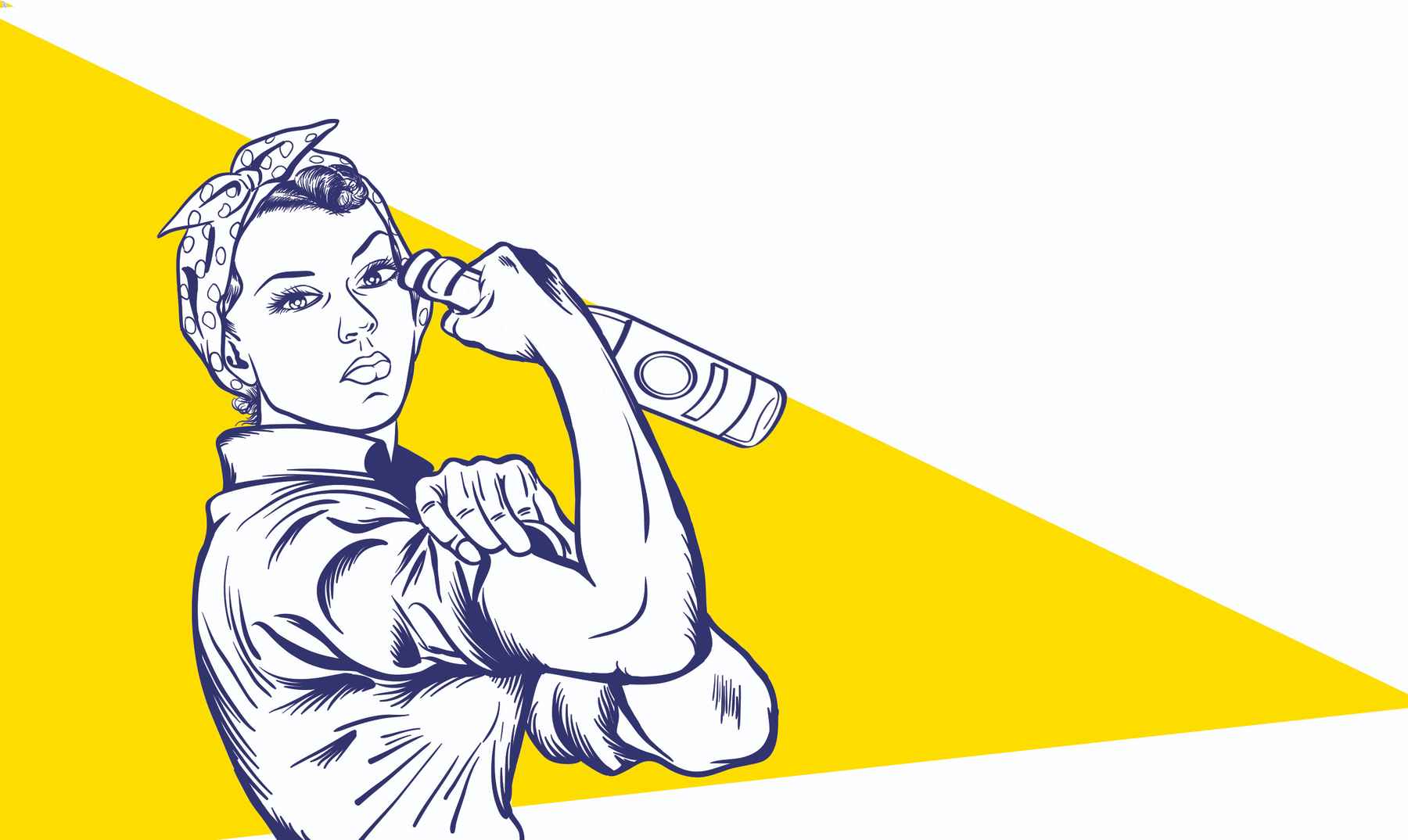Change in the Brewing Industry Is a Work in Progress
Dek goes here…
About a year ago, women of the brewing world took their peers and their industry to task for misogyny, sexism, and harassment. While women in brewing and beyond have long struggled with the systemic juggernaut that is the patriarchy, one brewer put the industry under a microscope.
Brienne Allan, then production manager at Notch Brewing in Salem, Massachusetts, used her voice, influence, and Instagram platform (where her handle is @ratmagnet) to gather stories from women about both overt and covert acts of sexism and abuse. This sparked a larger conversation—and acknowledgement—about not only the treatment of women in the beer industry, but also diversity, equity, and inclusion of all marginalized and underrepresented people. (Allan has since gone on to co-found Brave Noise, a project that seeks to build unity and inclusivity in the beer industry.)
A year is a short time to look back on such large, systemic issues and assess what progress has been made, but it’s still an important milestone. The reality is that continuing to speak out about these issues is integral to moving this industry—and others—forward.
“The culture is shifting significantly in the right direction, so now the question is how do we continue to perpetuate this conversation,” says Emily Wang, founder of Fermly, a company providing craft beer laboratory services to many breweries in Colorado. Wang is also the membership coordinator of Pink Boots Society, an organization supporting continued education and opportunities amongst the women of the beer world. “Change doesn’t happen overnight,” says Certified Cicerone® Laura Worley, owner and managing director of Burns Family Artisan Ales in Denver. “But what Brienne did is set up and send out a forum for people to talk. That is important and gives the feeling that someone is listening.”
This conversation is ongoing and it needs to be. “There are so many bricks that have built this house of inequity,” says Wang. “We can pull brick by brick, but [change is] going to take a long time.” Attempting to quantify any progress with an issue so deeply embedded into our culture is difficult, but it’s needed to further the conversation. That in itself keeps the issues top of mind and keeps us—industry folks and beer drinkers alike—asking what we can do better, how we have failed, and how we can work together to move forward.
“Say the names of those who have grown and changed, and stop giving the ones who haven’t the attention.”
Beth Walter, Burns Family Artisan Ales
Change takes regular work and diligence. Beth Walter, event director at Burns Family, puts it this way: “The problem with floods is that once they end, people think it’s over. But those streams and rivers will always be there, and we need to keep watching them and asking how we work on them.” Walter has spent 16 years in the industry and in the wake of last year’s upset, she’s finally beginning to see the nature of beer festivals and beer culture shift. It’s becoming less all-out boys club and more for everyone. This seemingly small marker has the potential to reverberate out and widen support for women in the industry.
That’s a start, says Wang, but she hopes the ripple effect is bigger. “Take this message that was hard and aggressive and spread it to other industries,” she says. Ultimately, it’s about recognizing the need for equity, diversity, and inclusion for all—from the micro (the beer industry) to the macro (society at large). Worley believes that slow and steady will win the race: “Small steps will get you everywhere,” she says.
And don’t discount the consumer’s role in this shift. Younger generations with buying power are looking for and choosing breweries (and companies of all kinds) that publicly exemplify their values. A cornerstone of that is to “say the names of those who have grown and changed, and stop giving the ones who haven’t the attention,” says Walter. Worley and Wang agree, saying that operations like Cerebral Brewing and Comrade Brewing Company—the ones that put their healthy culture and inclusive practices on display—are the role models. “They’re the ones that are going to save us,” Wang says.
The crucial point here, explains Walter, is to focus on celebrating those who are doing good, rather than vilifying those who maintain the status quo. That isn’t to divert attention from bad behavior, but instead to change the narrative from negative to positive. Over time (and it will take time), an emphasis on equity and equality will become the norm. The element of celebration is a powerful means of getting more men and women—from the industry and the public at large—involved in these conversations.
After all, says Wang, “Beer brings people together…but we didn’t realize how separated we were.”
Want to know what a company supports? Download the Goods Unite Us app.
Talk to us! Email your experiences (and thoughts, opinions, and questions—anything, really) to askus@diningout.com.

